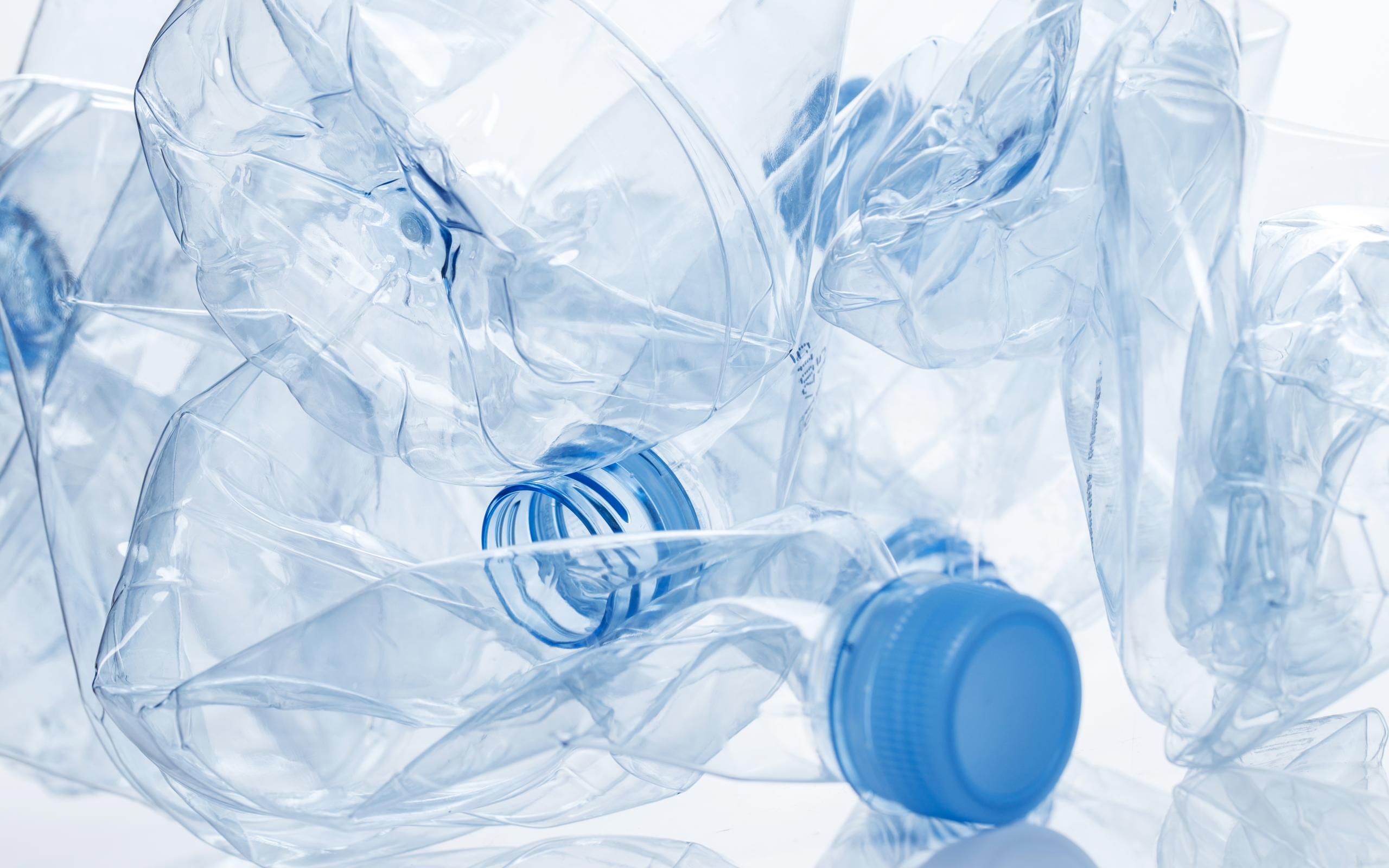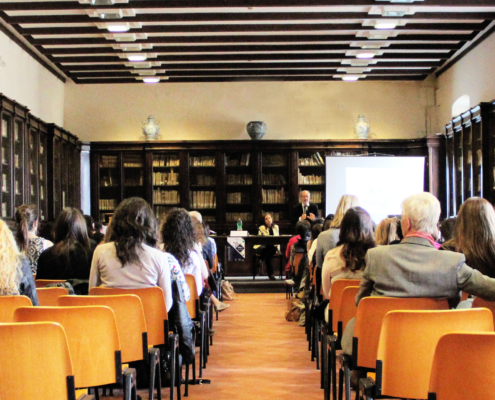AGEC law fails to halt rise in waste
Four years after its adoption, the French anti-waste law for a circular economy (AGEC) has failed to achieve its main objective of reducing household waste by 15% by 2030 compared with 2010. On the contrary, this waste has continued to increase, rising to 611 kg per capita in 2021 according to ADEME, a far cry from the target of 502 kg. A resounding failure for this pioneering text, which was gutted by intense lobbying from industry.
Flagship measures bypassed or ignored
Many of the law’s key provisions have been weakened, circumvented or even totally ignored by economic players. The ban on the sale of fruit and vegetables in plastic packaging has been supplemented by 29 exemptions, such as for mushrooms, endives, carrots and early potatoes, with no proven justification for the risk of spoilage.
The funds earmarked to finance repair bonuses, intended to encourage the French to have their appliances repaired rather than buy new ones, have also been reduced under pressure from the electronics and household electrical appliance industries.
“There’s a real discrepancy between the law’s announcements and the reality on the ground,” deplores Axèle Gibert of France Nature Environnement, citing the persistent presence of many single-use plastic products that have been banned in shops, restaurants and online sales.












